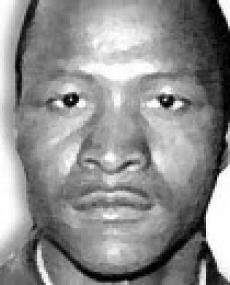
Boshielo was born to a poor family in 1920 in Phokoane village, in the Sekhukhuneland district in Northern Transvaal, now Limpopo Province.
Boshielo joined the African National Congress (ANC) and Communist Party of South Africa (CPSA) in the 1940s and served in the ANC Transvaal Executive Committee. The CPSA helped Boshielo to pursue his studies through evening classes. He was one of the participants of the 1952 Defiance Campaign. He was a founder member of Sebatakgomo, a migrant worker based movement formed in 1954. The movement played a leading role in the 1958 Sekhukhuneland Revolt.
Boshielo moved to Johannesburg, where he was employed as a driver for a bakery. He recruited bakery workers to join the Bakery Workers’ Union and broader liberation movements. His leadership qualities saw him elected to the national leadership of the South African Congress of Trade Unions (SACTU).
Because of his involvement of the liberation struggle, Boshielo became a prime target of the oppressive Apartheid machinery. He was prohibited from attending political gatherings and ordered to renounce membership of all organisations. The ANC subsequently sent him to Moscow for political and military training. From Moscow he went to Tanzania where he became part of Kongwa Camp of Umkhonto we Sizwe (MK). In late 1962 he left South Africa to attend Lenin School in the Soviet Union.
In 1972, he was captured near Caprivi (bordered by Botswana, Namibia and Zambia) by the then Rhodesian security while trying to infiltrate South Africa with other two freedom fighters on a MK mission. His two fellow MK combatants were killed in a shootout, but it is believed that Boshielo was captured and incarcerated by Ian Smith's forces in Rhodesia (now Zimbabwe). Boshielo has not been seen since. The exemplary political contribution of Flag Boshielo remains an inspiration to freedom-loving South Africans.
Boshielo was awarded the Order of Luthuli in Gold in 2005 by President Thabo Mbeki for his contribution in the liberation struggle and workers’ rights.